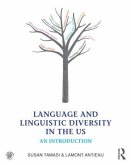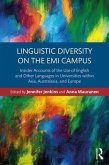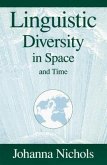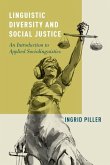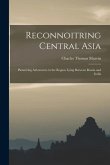Linguistic Diversity And Power Dynamics: Exploring Language Politics In India India, a nation renowned for its linguistic diversity, presents a fascinating landscape to examine the intricate relationship between language and power dynamics. With over 1,600 distinct languages spoken across the country, language has become a potent tool that shapes social, cultural, and political dimensions in India. Language politics in India encompasses various aspects, including the recognition and preservation of regional languages, the dominance of English, and the implications for linguistic minorities. The multilingual nature of the country often leads to complex power dynamics, where certain languages hold more prestige and influence than others. The issue of language has deep connections with identity, with linguistic communities viewing their language as an integral part of their heritage and cultural legacy. The struggle for linguistic recognition and the right to education in one's mother tongue has been a persistent concern for marginalized communities. Efforts to promote linguistic diversity and preserve endangered languages have gained momentum in recent years. English, as a legacy of colonial rule, continues to hold a position of power and privilege in India. Its association with upward mobility and access to opportunities has created a linguistic hierarchy, disadvantaging those who are not proficient in English. This has led to debates about the impact of English on indigenous languages and the educational system. Language politics in India is intertwined with social and political movements. It has played a significant role in shaping regional identities, mobilizing communities, and asserting political autonomy. Language-based movements, such as the Dravidian movement in South India or the Gorkhaland movement in West Bengal, have sought linguistic and cultural rights, challenging the hegemony of dominant languages. Understanding the complexities of language politics in India is crucial for fostering inclusivity, cultural preservation, and equal opportunities. It requires addressing issues of linguistic discrimination, promoting multilingual education, and recognizing the value of diverse linguistic expressions. Embracing linguistic diversity can contribute to a more pluralistic and harmonious society that respects and celebrates the richness of India's linguistic tapestry.

